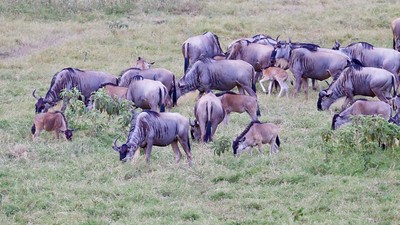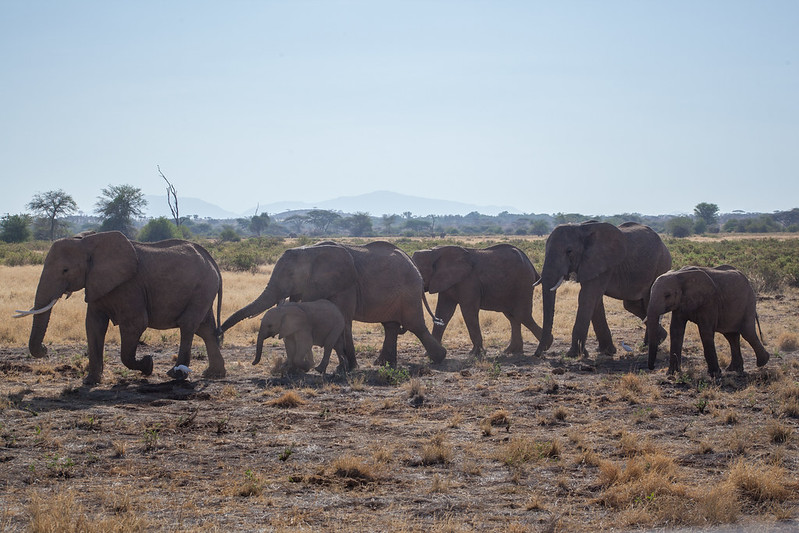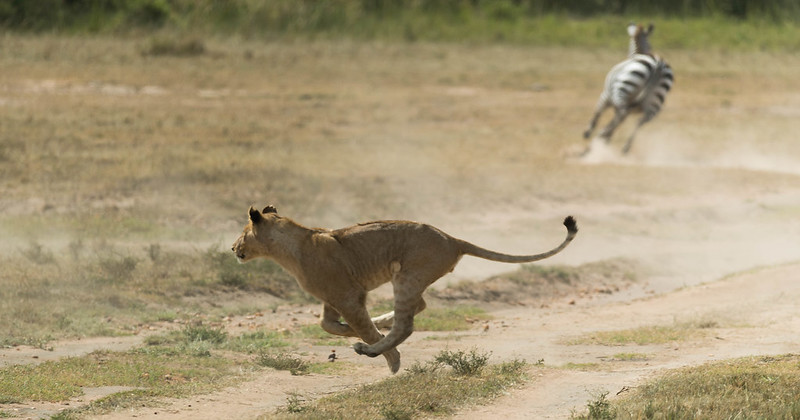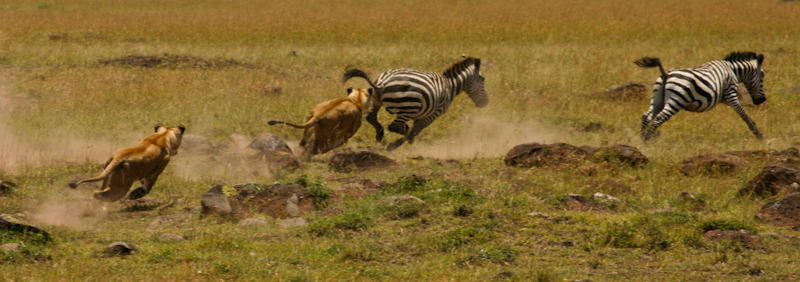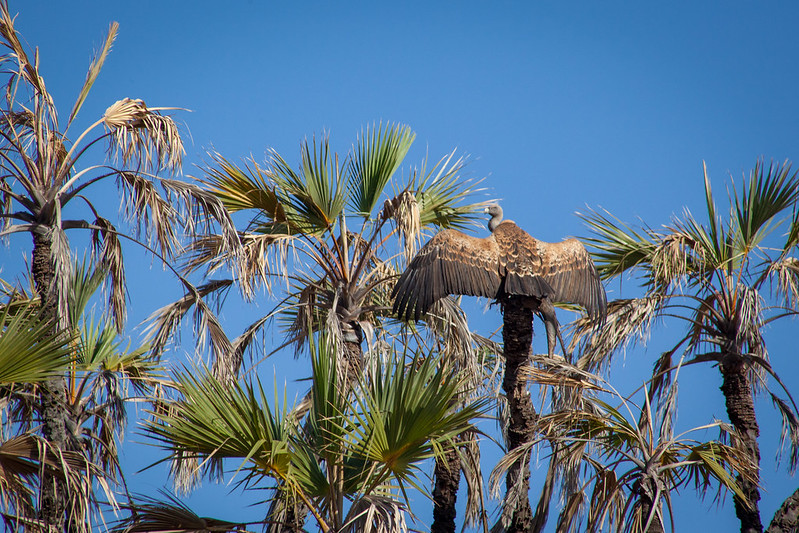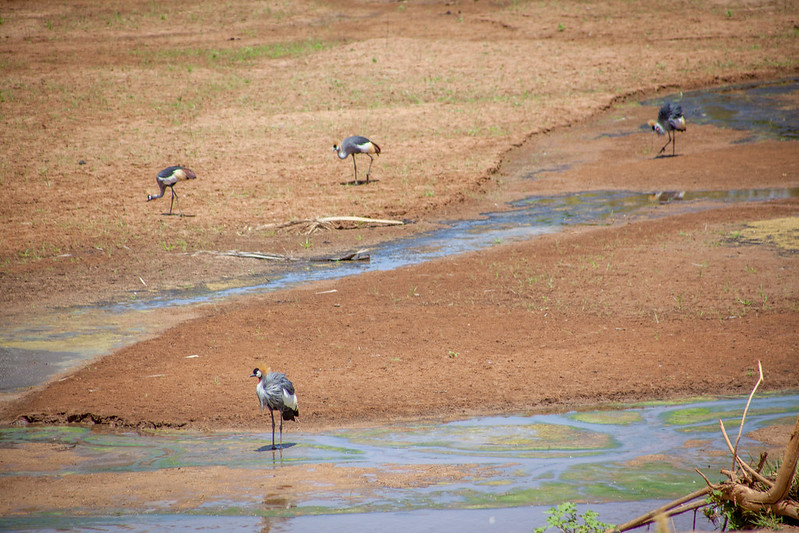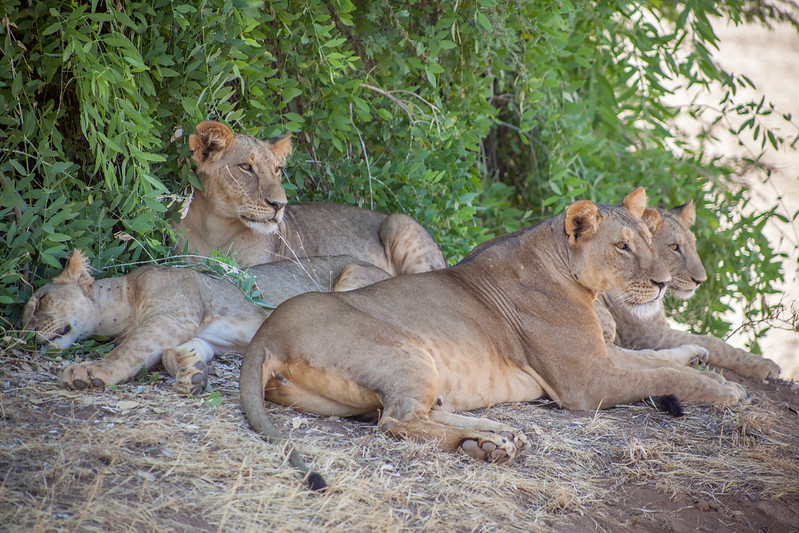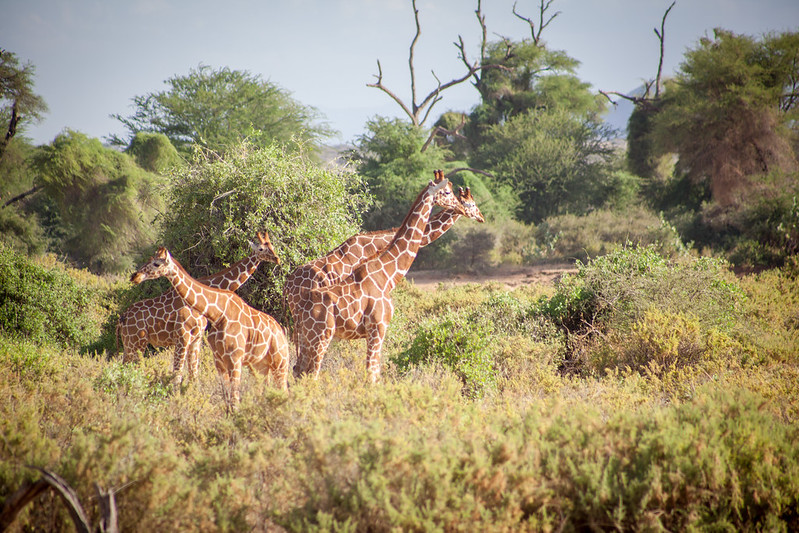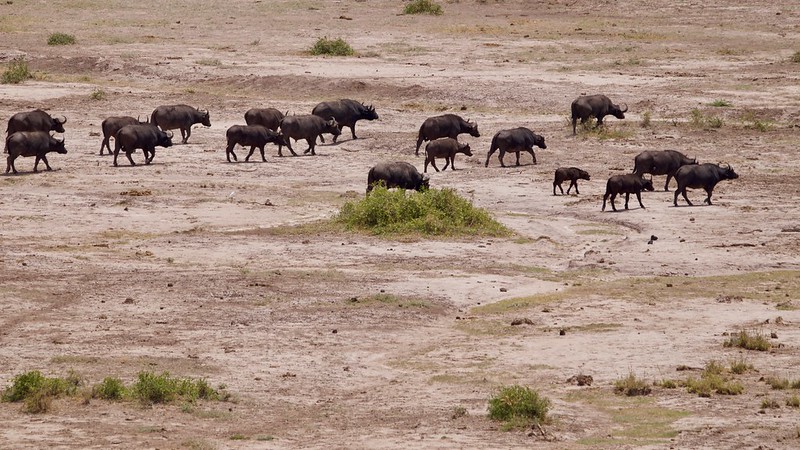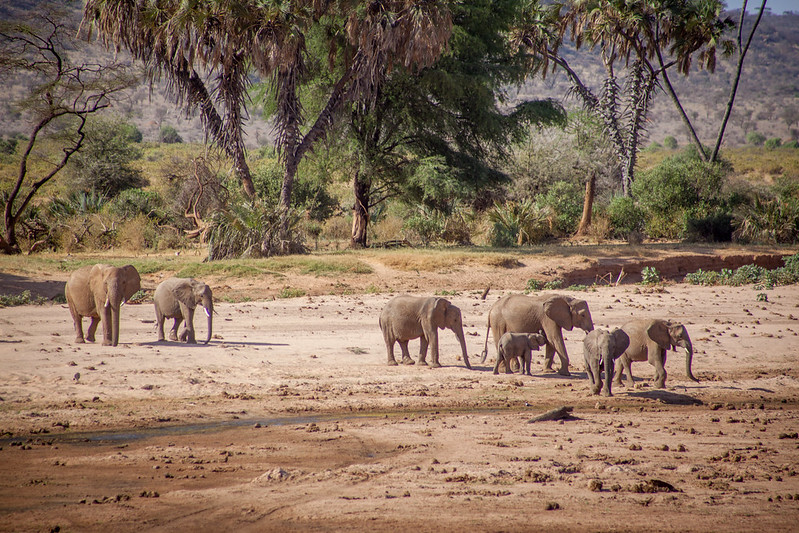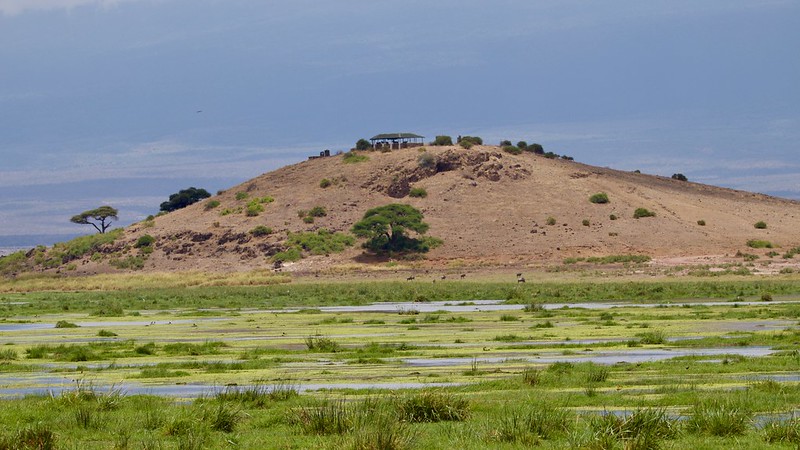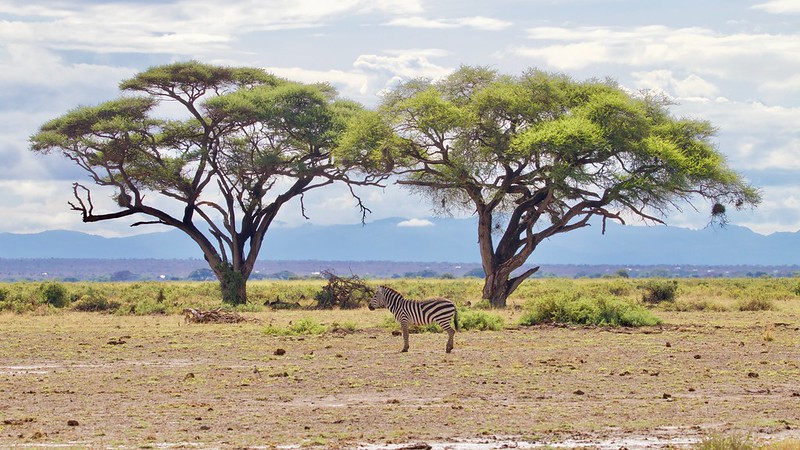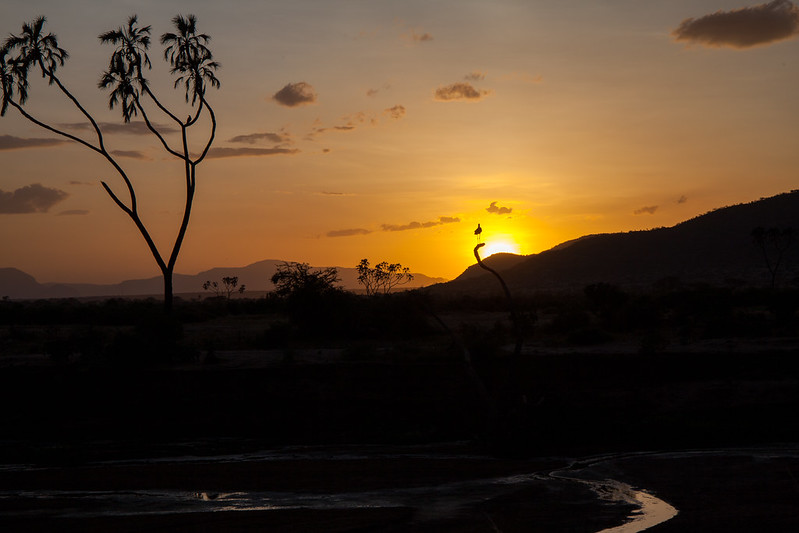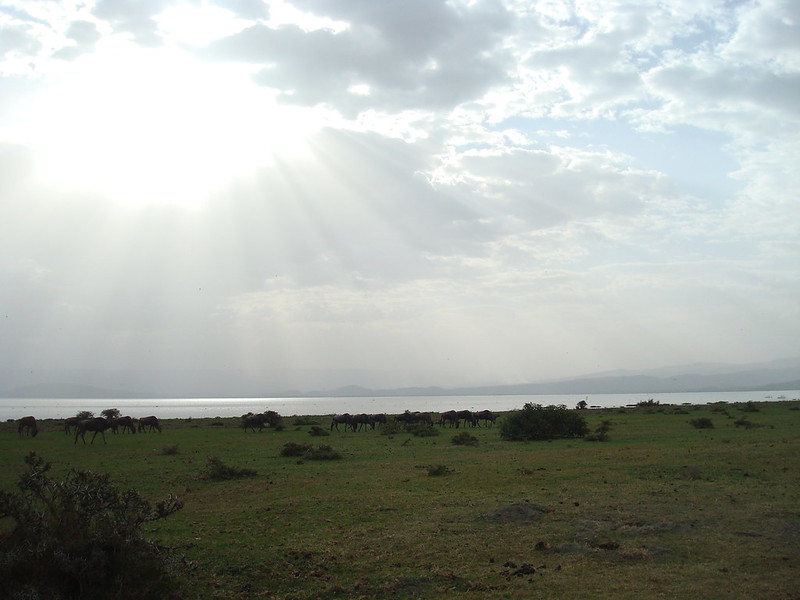African Safari? Top 10 Reasons to go in March or April
Top 10 Reasons to go on an African Safari in Kenya in March or April
If you’re considering an African Safari, March and April are among the best months to visit Kenya. This is the rainy season in Kenya, and it’s delightfully magical at this time of the year. And as a bonus, prices are at their lowest!
“True, the sun and the wind inspire. But rain has an edge. Who, after all, dreams of dancing in dust? Or kissing in the bright sun?”
Cynthia Barnett
Here are the top 10 reasons to go on an African Safari in Kenya in March or April:
1. Your African Safari is blessed with sightings of animal babies.
This is the birthing season for many of Kenya’s mammals as food and water are plentiful. Zebras, elephants, giraffes and the big cats give birth at this time.
2. You have a higher chance of catching big cat hunts on your African Safari.
With the little calves, cubs and pups, come the predators, waiting to catch a mom off-guard to snack on her little one. This is also the time when lionesses teach their teenage cubs to hunt on the baby animals, all part of the circle of life.
3. Your African Safari is enhanced with migratory bird sightings.
Migratory birds flock to the lakes during the wet summer season. Lake Nakuru alone attracts 400 species.
4. You have more time to see animals on your African safari.
As the number of tourists falls, you don’t have to share animal sightings, giving you more time to enjoy their company. And against a lush green background, the contrast in colors makes for great photographs.
5. The refreshing rain and slush makes your African Safari adventure like no other.
Yes it rains, but it does so in short downpours, and primarily in the afternoons, after your morning game drive and before your evening one. The landscape turns lush green and beautiful.
6. Find Your Inner Child on your African Safari.
You’ll find swollen rivers, slushy roads, and the tires of your jeep getting stuck in the mud – an adventure to talk about forever!
7. Take dramatic photographs to share.
This is the best time to take luminous photographs of Africa’s vast savanna. The light is intense and moody, and the sunsets are vivid and spectacular.
8. Don’t let dust spoil your African Safari.
The rains settle the dust and therefore if you’re allergic, this is the best time to visit.
9. Even at this time, you can catch the Wildebeest Migration.
Travel to the south Serengeti to catch the Wildebeest migration which runs all year in different parts of East Africa’s savanna.
10. And finally, as though all this wasn’t enough, this season gives you the best value for money!
March and April provide great value for money. The priciest of lodges lower their prices and safari operators similarly offer great deals! It’s a real win-win, something not too many people know about. As the value for money is at its best, you may also consider taking your extended family.
Planning Tips
Airport: Fly into Jomo Kenyatta International Airport in Nairobi, capital of Kenya. Most safari operators offer door-to-door service with pick-up from and drop-off to Nairobi’s international airport.
Weather: Temperatures vary from 80 degrees fahrenheit during the day to 50 degrees fahrenheit during night.
Pricing: Prices are at their lowest in March and April, giving you the best value for your money.

Get a Price Quote
Get a price quote for your African Safari in Kenya from Africa Keys, a Nairobi-based operator which has been in business for 11 years. Contact Aparajita Lyall at Africa Keys for a quote.
Flights to Nairobi
Your African Safari tourism dollars are vital to conservation.
In the 1950’s, there were 450,000 lions in Africa. Today, there are only 20,000. Due to the natural forces of nature, only 1 out of 8 cubs survives, and if you add losses from poaching for unsubstantiated medicinal purposes, trophy hunting and loss of habitat, their future is grim.
Tourism provides jobs to 20 million people across Africa, so people aren’t forced to compete against wildlife for habitat. Tourism dollars support the upkeep of parks and rangers. And, tourists and the local community that supports them, serve as eyes on the ground, preventing poaching. Jonathan Scott, who presents the BBC’s Big Cat Diary and has lived in Kenya for 40 years, says, “If the world is serious about helping to prevent poaching, we need those tourist dollars.”
